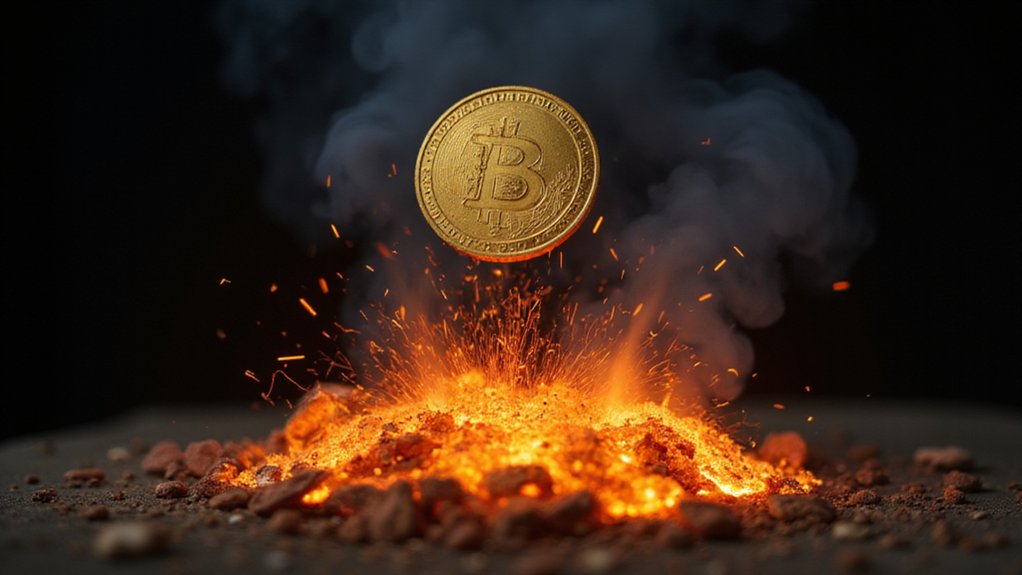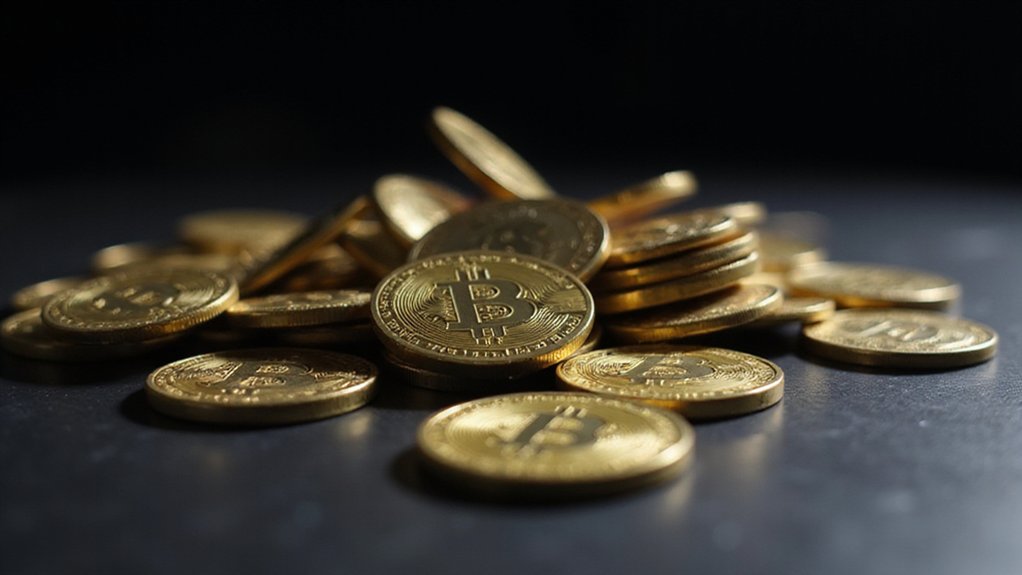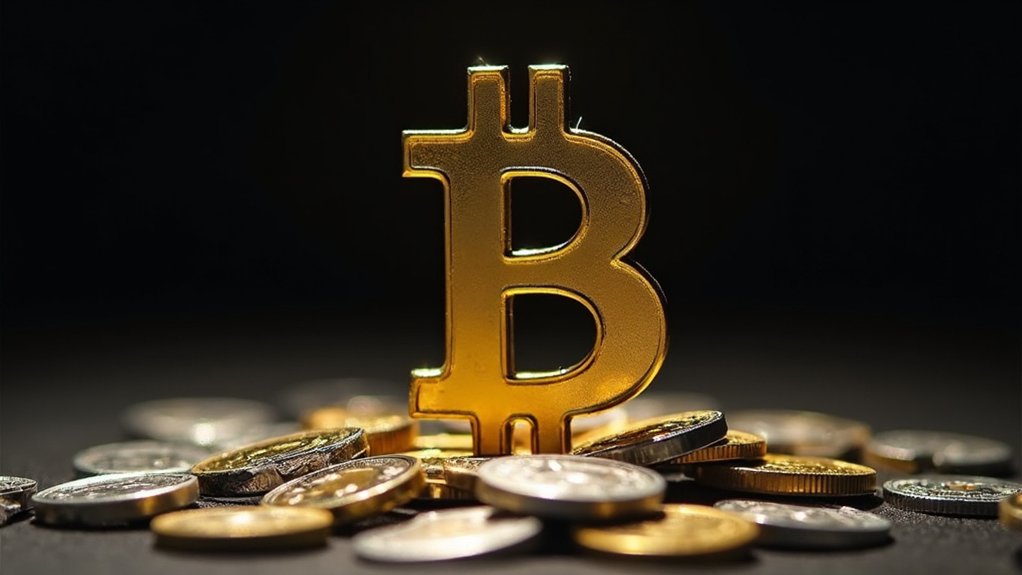OKX’s decision to incinerate 65.26 million OKB tokens—roughly half the circulating supply in a single $7.6 billion bonfire—has triggered the sort of parabolic price action that makes even seasoned traders question their understanding of market physics.
Market physics bent to OKX’s will as $7.6 billion worth of tokens vanished, leaving traders scrambling to recalibrate their understanding of price discovery.
The token’s subsequent 170% surge (with some reports claiming increases reaching 218%) accompanied by trading volume that exploded over 13,000% to hit $723 million suggests that supply-side economics still wields considerable influence in cryptocurrency markets.
The burn permanently caps OKB’s total supply at 21 million tokens, creating what analysts describe as a “scarcity-driven tokenomic model”—a fancy way of saying there are fewer tokens chasing the same demand.
This artificial scarcity coincided with substantial ecosystem upgrades, including the enhancement of OKX’s X Layer blockchain through Polygon CDK integration. The technical improvements deliver 5,000 transactions per second while greatly reducing gas fees, positioning OKB as more than just another exchange token riding speculative waves.
Perhaps more intriguing is OKX’s systematic consolidation of its token ecosystem. The exchange plans to discontinue OKTChain by January 2026, with OKT token trading halting in August 2025.
Existing OKT tokens will convert to OKB based on average closing prices from July to August 2025, effectively streamlining operations under a unified token model. This corporate housekeeping, while mundane, reinforces OKB’s role as the platform’s primary utility token.
Market sentiment has turned decidedly bullish, with price targets reaching $150, though pragmatic observers note potential support levels at $74, $65, and $34 for inevitable corrections.
The token burn has sparked broader discussions comparing OKB’s fixed-supply model to other cryptocurrencies employing similar deflationary mechanisms.
Interestingly, the success has cast attention on competing exchange tokens like Best Wallet Token (BEST), which has raised over $14 million amid growing security concerns surrounding centralized platforms.
As decentralized exchange solutions gain traction, OKX’s aggressive tokenomics and technical upgrades position OKB advantageously in an increasingly competitive landscape where exchange tokens are suddenly the protagonists rather than supporting characters in the DeFi narrative. This strategic move aligns with broader industry trends, as tokenization democratizes access to previously exclusive investment classes and transforms traditional market structures.








